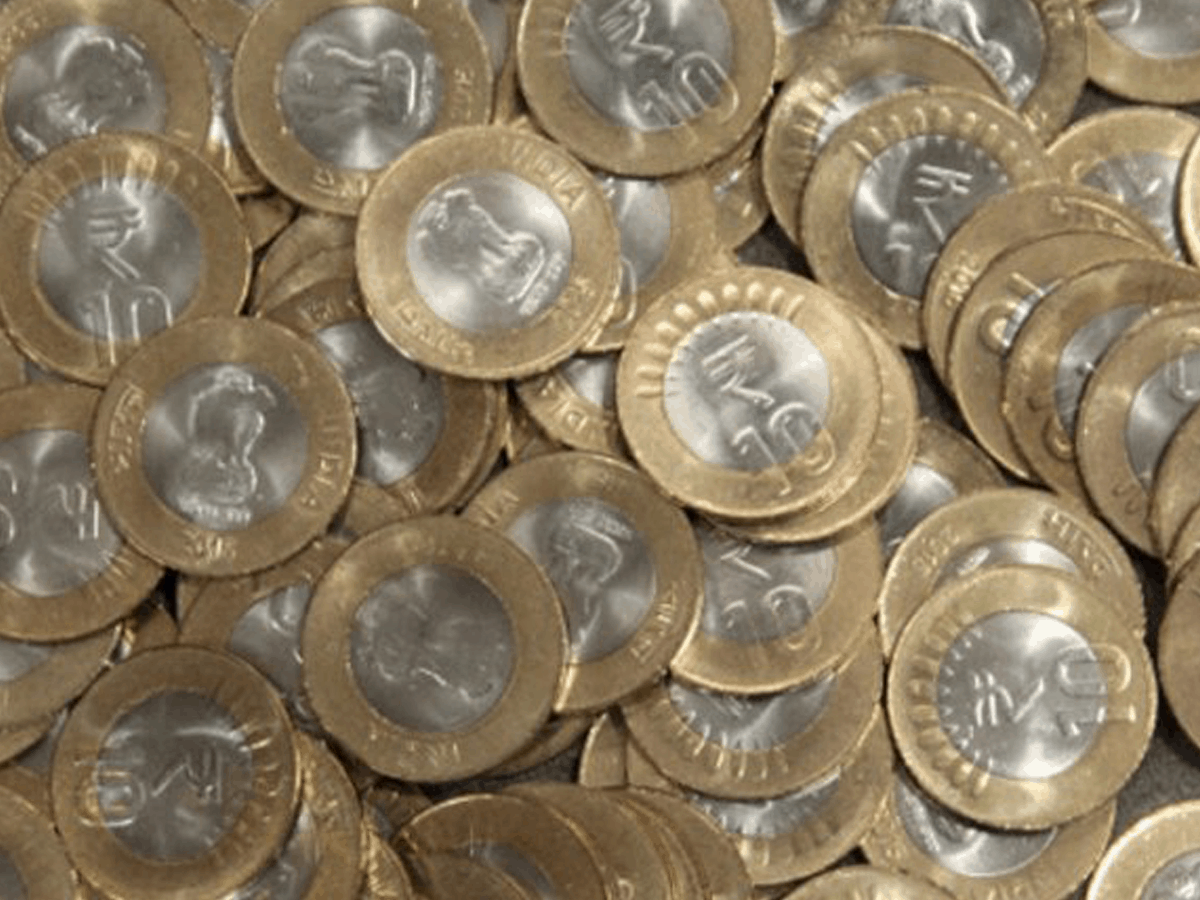Hyderabad: The Reserve Bank of India (RBI) has been crying hoarse for the last 5 years that the coin is a legal tender. When Sri Vidya, a city resident, purchased green chillies at Rythu Bazar, the vegetable vendor refused to take Rs. 10 coins as change. Such occurrences have become commonplace in buses, metro stations, GHMC parks, auto-rickshaws, vendors and even general stores.
With everyone refusing to accept these coins, they are piling up at homes and banks.
Moreover, Indian coins were given a facelift after the new banknotes post-demonetization. Last year, Prime Minister Narendra Modi launched new coins of Rs. 1, Rs. 2, Rs. 5 and Rs. 10. Interestingly, apart from redesigning already available coins, the government also has introduced a coin whose value is Rs. 20.
RBI last year already stated that currently there are 15 designs of the Rs 10 coin and they all are legal tenders in the country.
A rumour started years ago about the Rs. 10 coin still gives people jitters as those coins still are not accepted.
Sana Sikander, who commuted by auto-rickshaw, recalls an unfavorable incident. “I boarded the auto but the driver did not accept the coin and began arguing. I raised the issue with the authorities but haven’t heard from them,” she recalls.
“The RBI has been issuing statements to drive away misconception, but there needs to be more action as many people do not understand the guidelines.”
An official from Bank Employees’ Federation of India advised that “People who have too many Rs. 10 coins can go to the RBI exchange counter and get it exchanged. They can also visit the nearest bank and deposit it into their account.”
However, even banks have huge piles of the coin as they are not able to dispose of it as well.
On the condition of anonymity, a bank manager said, “We have Rs. 10 coins worth lakhs but can’t get rid of them. They take up a lot of space. Even the RBI doesn’t take it back as it wants smaller denominations to remain in circulation.”
“The design itself is flawed. If the RBI themselves do not accept it despite being the legal custodian of them, why should I accept it? RBI should lead by example,” the manager said.
While the message about the invalidity about these coins as legal tender has not yet reached the masses, public transport has not started accepting these coins again despite repeated circulars from the RBI.
A similar incident was faced by Eddy while he was commuting via metro. He remembers, “I tried purchasing a ticket at metro station with the Rs. 10 coins only to have it rejected by the ticketing agent.
“Being a public transportation entity, how can Metro not accept coins?” he asks. Even at railway stations, shops shun these coins.
Another commuter Mohammed Anwar said, “No shops accept the Rs. 10 coins even in railway stations. This inconveniences the commuters and there is a need to put up signboards and spread awareness that Rs 10 coins are accepted as legal tender.” Not only public transport, but even petrol pumps also decline the Rs. 10 coins.
Anwar adds, “Now RBI says Rs. 20 coins are going to be introduced. But what are we supposed to do with the Rs 10. coins that we have accumulated?”
India’s central banking institution affirms that all coins should be accepted, but myths regarding what constitutes legal tender need to be debunked. In July 2019, the RBI announced on June 26 in 2019 stating that the Rs 10 coin is very much in circulation and should be considered as legal tender. Although not affected by demonetization these coins are still being accumulated at homes.
The problem is severe in South India including Telangana, Andhra Pradesh, Tamil Nadu, and Karnataka. Incorrect information has reached traders and consumers, causing them to suspect the genuineness of the currency. However, the right information is not being disseminated.
According to financial experts, the public believes rumors because of word-of-mouth and they hardly understand the guidelines.
Preferring to remain anonymous, a senior RBI official claims, “When the Rs. 10 note is available and is easier to carry. People don’t prefer using a coin. Even banks don’t accept the note and if a vendor reaches a bank to deposit money, they should accept it. If this starts happening, hopefully, it will have a trickle-down effect. ”
mohammedhussain.reporter@gmail.com

